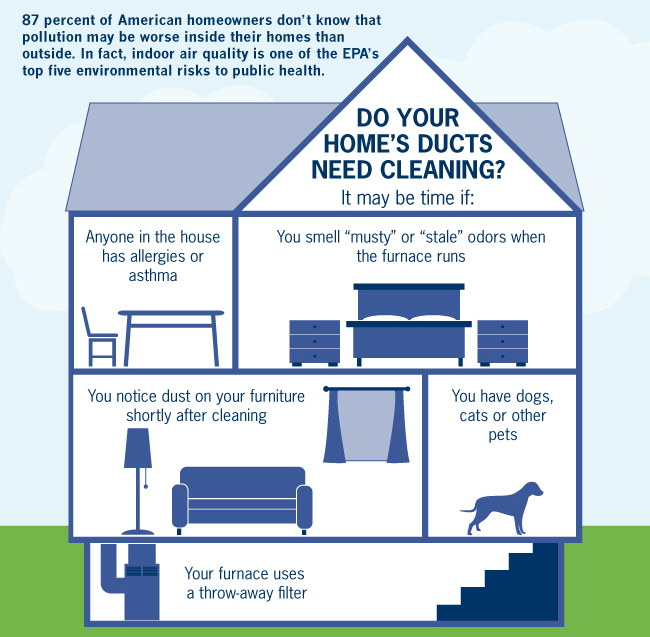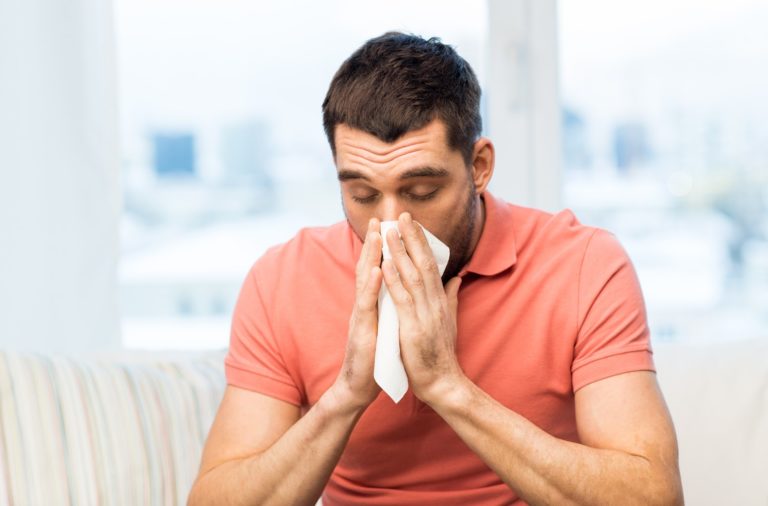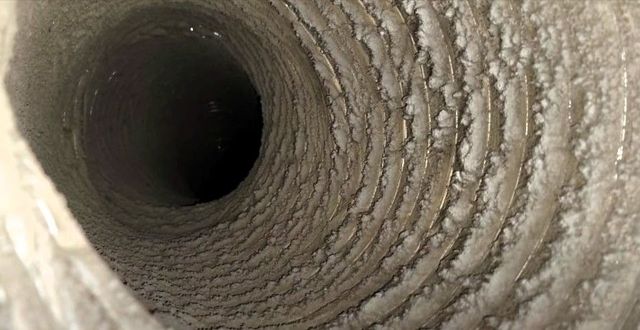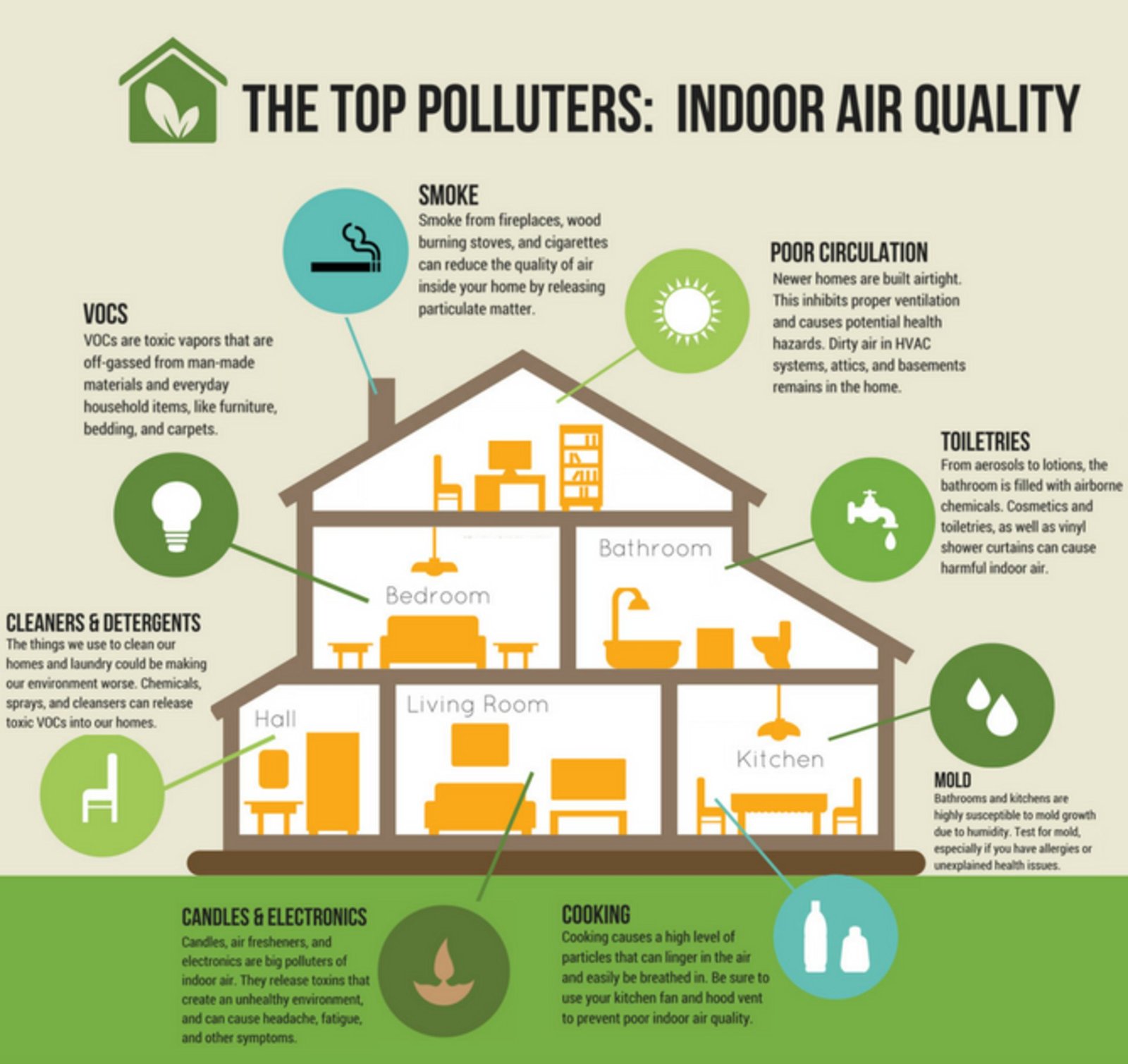Yes, using a dirty filter can make air quality worse. A clogged filter blocks airflow, reducing your system’s efficiency and allowing pollutants to circulate.
Maintaining clean air in your home is crucial for health. Air filters play a key role in this. They trap dust, pollen, and other particles, ensuring the air you breathe is clean. But what happens when these filters get dirty?
A dirty filter can no longer do its job effectively. It can even make indoor air quality worse. This can lead to respiratory issues and other health problems. Understanding the importance of a clean filter can help you make better choices for your home and health. Let’s explore how a dirty filter impacts air quality and what you can do about it.
How Air Filters Work
Air filters are crucial for maintaining good indoor air quality. They trap harmful particles like dust, pollen, and pet dander. Understanding how air filters work helps in making informed choices for your home or office.
Types Of Air Filters
There are different types of air filters available in the market. Each type serves a unique purpose and has its own set of advantages.
- HEPA Filters: High-Efficiency Particulate Air filters capture 99.97% of particles that are 0.3 microns or larger.
- Activated Carbon Filters: These filters use carbon to remove gases and odors from the air.
- Electrostatic Filters: These filters use an electric charge to attract and trap particles.
- UV Filters: Ultraviolet filters kill bacteria and viruses in the air.
Filter Mechanisms
Air filters operate through various mechanisms to clean the air. Understanding these mechanisms helps in choosing the right filter.
- Mechanical Filtration: This is the most common method. It uses a physical barrier to trap particles. HEPA filters are an example of this type.
- Absorption: Activated carbon filters use this method. They absorb gases and odors, making the air cleaner.
- Electrostatic Attraction: This method charges particles and captures them on a surface. Electrostatic filters work this way.
- Ultraviolet Radiation: UV filters use light to kill microorganisms. They are effective against bacteria and viruses.
Choosing the right filter depends on your needs. If you have allergies, a HEPA filter is ideal. For odors, an activated carbon filter works best.
Consequences Of A Dirty Filter
Using a dirty air filter can have serious consequences. These consequences affect not only the air quality in your home but also your health. Understanding these impacts can help you take action to maintain a clean filter.
Impact On Air Quality
A dirty filter can reduce the efficiency of your HVAC system. This inefficiency leads to poor air circulation. Dust, pollen, and other contaminants stay in the air. Your home’s air quality worsens over time. Clean air is essential for a healthy living environment.
Health Risks
Poor air quality can cause health issues. Allergens and dust can trigger asthma and allergies. You might experience more frequent headaches. Respiratory problems can also become more common. Keeping filters clean helps prevent these health risks.
Signs Of A Dirty Filter
Keeping air filters clean is crucial for maintaining good air quality. Signs of a dirty filter can be obvious or subtle. Recognizing these signs early can prevent bigger issues. Here are some key indicators that your filter may need replacing.
Visual Indicators
Check the filter regularly. A clean filter looks white or light gray. If the filter looks dark or has visible dirt, it’s time for a change. You might also see dust build-up around the vents. This is a clear sign the filter isn’t working well.
Performance Issues
Pay attention to your HVAC system’s performance. A dirty filter makes the system work harder. You may notice less airflow from the vents. Rooms may not reach the desired temperature. The system might cycle on and off more frequently. These issues suggest the filter is clogged and needs replacing.
Maintenance And Replacement
Maintaining your air filter is crucial for good air quality. Regular maintenance and timely replacement can prevent potential health issues. Let’s dive into the essential steps for maintaining and replacing your air filter.
Cleaning Tips
Cleaning your air filter improves its efficiency. Follow these simple steps:
- Turn off the system before starting.
- Remove the filter from the unit.
- Vacuum the filter to remove dust and debris.
- Wash the filter with mild soap and water. Rinse thoroughly.
- Let the filter dry completely before reinstalling.
Regular cleaning helps in maintaining air quality. It also extends the filter’s life.
Replacement Guidelines
Replacing the air filter is essential for optimal performance. Here are some guidelines:
- Check the manufacturer’s recommendations for replacement intervals.
- Inspect the filter monthly for dust build-up.
- Replace the filter every 3 months, or sooner if it looks dirty.
- Use the correct size and type of filter for your system.
Timely replacement ensures the air filter works efficiently. It keeps the indoor air clean and healthy.
Maintaining and replacing your air filter is simple but vital. Clean it regularly, and replace it as needed. This keeps your indoor air fresh and safe.
Choosing The Right Filter
Choosing the right air filter is crucial for maintaining good air quality. A dirty or incorrect filter can make the air quality worse. Knowing the right filter for your needs can ensure cleaner, healthier air in your home. Let’s explore the key aspects of filter selection.
Filter Ratings
Filter ratings are important. They tell you how well a filter can trap particles. The most common rating system is MERV (Minimum Efficiency Reporting Value). MERV ratings range from 1 to 20. A higher MERV rating means the filter can trap smaller particles. Here’s a simple table to help you understand:
| MERV Rating | Particle Size | Common Uses |
|---|---|---|
| 1-4 | 10.0 microns and larger | Residential, basic dust control |
| 5-8 | 3.0 to 10.0 microns | Better residential, commercial buildings |
| 9-12 | 1.0 to 3.0 microns | Superior residential, hospital laboratories |
| 13-16 | 0.3 to 1.0 microns | Hospitals, general surgery |
| 17-20 | Less than 0.3 microns | Clean rooms, radioactive material handling |
Compatibility Considerations
Compatibility is key. Ensure the filter fits your HVAC system. Check the size and type of filter your system requires. Using the wrong size can reduce efficiency. It may also allow unfiltered air to bypass the filter.
Check the manufacturer’s recommendations. They provide guidelines on the best filter type. This ensures optimal performance and air quality. Here are some steps to follow:
- Check your HVAC system’s manual.
- Note the dimensions of your current filter.
- Look for the recommended MERV rating.
- Purchase a filter that matches these specifications.
Using the correct filter improves air quality. It also prolongs the life of your HVAC system. Regularly replacing your filter is essential. This prevents the build-up of dust and other particles, ensuring clean air.

Credit: aaaheatingandcoolinginc.com
Benefits Of Regular Maintenance
Regular maintenance of air filters is crucial for maintaining good air quality. Dirty filters can cause numerous problems, including poor air quality and increased energy consumption. Regularly changing or cleaning air filters ensures that your home or office environment remains healthy and efficient.
Enhanced Air Quality
Clean filters trap dust, pollen, and other airborne particles. This prevents them from circulating in the air. Clean air filters reduce the risk of allergies and respiratory issues. They also help eliminate unpleasant odors, contributing to a fresher indoor environment.
Energy Efficiency
Dirty filters restrict airflow, making HVAC systems work harder. This leads to higher energy consumption and increased utility bills. Clean filters ensure optimal airflow, allowing HVAC systems to operate efficiently. Regular maintenance can extend the lifespan of your HVAC system. It reduces wear and tear caused by overworking the system.
Common Myths Debunked
Many people believe myths about air filters and air quality. This section will debunk some common myths. Understanding these myths can help you keep your indoor air clean and healthy.
Myth Vs. Reality
One common myth is that air filters do not need regular changing. In reality, a dirty filter can make air quality worse. It restricts airflow and allows pollutants to circulate. This can cause health problems, especially for those with allergies or asthma.
Another myth is that all air filters are the same. The truth is, filters have different ratings and qualities. Choosing the right filter for your home is crucial. A high-quality filter can trap more particles and improve your air quality.
Expert Opinions
Experts agree that maintaining clean air filters is essential. According to the EPA, a dirty filter can reduce the efficiency of your HVAC system. This can lead to higher energy bills and poor indoor air quality.
Health professionals also stress the importance of clean filters. They say that clean filters can reduce allergy symptoms and respiratory issues. Regular maintenance can make a big difference in your home’s air quality.

Credit: getzschman.com

Credit: www.grandrapidsductcleaning.co
Frequently Asked Questions
Can A Dirty Filter Reduce Air Quality?
Yes, a dirty filter can reduce air quality. It restricts airflow, trapping pollutants and allergens indoors. This can lead to poor indoor air quality.
How Often Should Filters Be Changed?
Filters should be changed every 1-3 months. The frequency depends on usage and environmental factors. Regular changes ensure better air quality.
What Are The Signs Of A Dirty Filter?
Signs include reduced airflow, increased dust, and higher energy bills. Allergies and respiratory issues may also worsen. Check filters regularly.
Can A Dirty Filter Cause Health Problems?
Yes, a dirty filter can cause health problems. It can exacerbate allergies and asthma. Poor air quality affects overall respiratory health.
Conclusion
A dirty filter negatively impacts air quality. Clean filters ensure better indoor air. Regular maintenance of filters is crucial. Good air quality promotes health and comfort. Breathing clean air reduces allergies and respiratory issues. Don’t overlook filter cleanliness. Change filters as recommended.
Keep your living space fresh and safe. Simple steps can make a big difference. Prioritize your health with clean air.
Rakib Sarwar is a Registered Pharmacist and a reputed health and wellness blogger. He has a great interest in Air purifiers.
